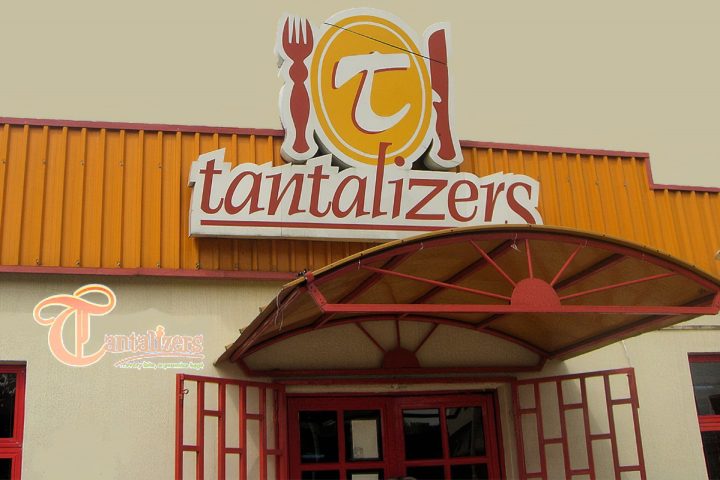Industry leaders have called on the Federal Government to take swift action to cushion the effects of the disruptions in the global wheat market on Nigeria’s wheat value chain.
The analysts made the call in a recently published review of the global wheat market following the war between the two top wheat exporting countries – Russia and Ukraine. According to the analysts, the multifaceted value chain crises, including the shortage of foreign exchange, mounting freight charges, and hike in the price of diesel, worsened by the war continue to take a heavy toll on the wheat value chain.
The review showed that the price of a bushel of wheat in the global market increased by 31.4 per cent from US$761.25 in January to US$1,000 in March 2022. On top of that, the millers are expected to spend more on shipping the commodity from the exporting countries as their combined freight bill prediction jumped from N21.6 trillion in 2019 to N28.8 trillion in 2021.
Join our WhatsApp ChannelFlour millers have continued to battle with the rising cost of production and low domestic wheat production. The rising costs have passed down to bakers as well as raised the hardship and cost of living index of the hard-pressed local consumers who continue to bear the burden of the increase in the prices of wheat derivative foods and household staples.
READ ALSO: ‘How Russia-Ukraine Conflict Worsen Food, Gas Supply Crisis In Nigeria’
The experts said the millers and bakers have come under intense cost pressure as the price of the all-important grain continues to skyrocket in the international market and freight charges have spiralled out of control.
The report said, “the demand for the wheat-based products being fairly price-elastic implies that the burden of every new rise in costs is primarily absorbed by the millers and bakers. The upward trend in the global wheat and freights costs continues to frustrate the millers, who have for long borne the cost burden to keep the retail price stable and avoid passing on the costs to the poor consumers, who rely heavily on wheat-derivative foods such as bread, which remains a significant part of their daily diet, in feeding their households.
“A basket of similar food commodities has increased in price by an average of over 50%, and bread prices have only increased by 30%. The millers and bakers have borne the rest of the inflationary burden.
“Under the present circumstances, anyone can guess how much longer they can keep prices moderate,” the experts stated.
Citing urgent actions that must be taken to avert production and major food inflation crisis, the experts proposed the wider adoption of the agriculture value chain intervention model developed by the Senegalese government. The Senegal Agriculture Programme provides access to key inputs such as seeds, fertilizers, and technical and marketing assistance for local smallholder farmers.
Other measures proposed by the analysts to help the millers, bakers, and consumers included the removal of the 15% cassava levy imposed on the importation of wheat grain, increased access to forex at the Import and Export (I&E) window, allowance for tax concessions in line with the key backward integration programmes index, and the provision of logistic support, among others, to the millers.
In an interview with a media platform recently, the National Secretary-General of the Association of Master Bakers and Caterers of Nigeria (ABCON), Hon. Jude Okafor made a case for the removal of the 15 per cent cassava levy imposed by the Nigerian Government.

The 15 per cent cassava levy was meant to encourage local cassava production to the point of substituting cassava flour for wheat flour used in most bakery production in the country. However, according to the experts, there has been no significant improvement in the cassava value chain since the introduction of the cassava substitution policy and the levy.
Considering the crisis in Ukraine and the global food crisis, the experts called on the Nigerian government to reconsider the removal of the 15 per cent wheat import levy as “this is necessary to prevent a wider supply chain breakdown and recession.”
Victor Ezeja is a passionate journalist with six years of experience writing on economy, politics and energy. He holds a Masters degree in Mass Communication.


















Follow Us